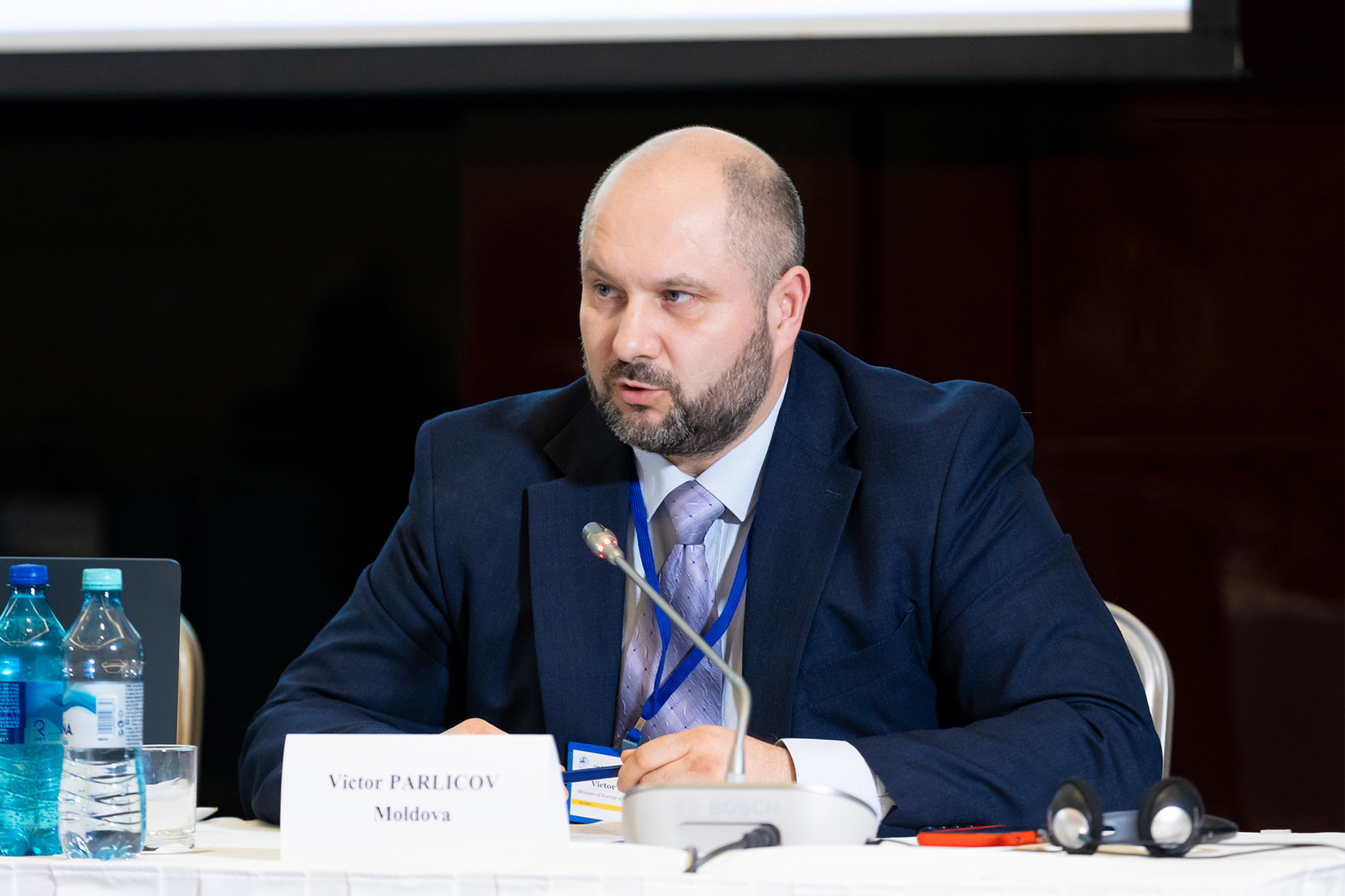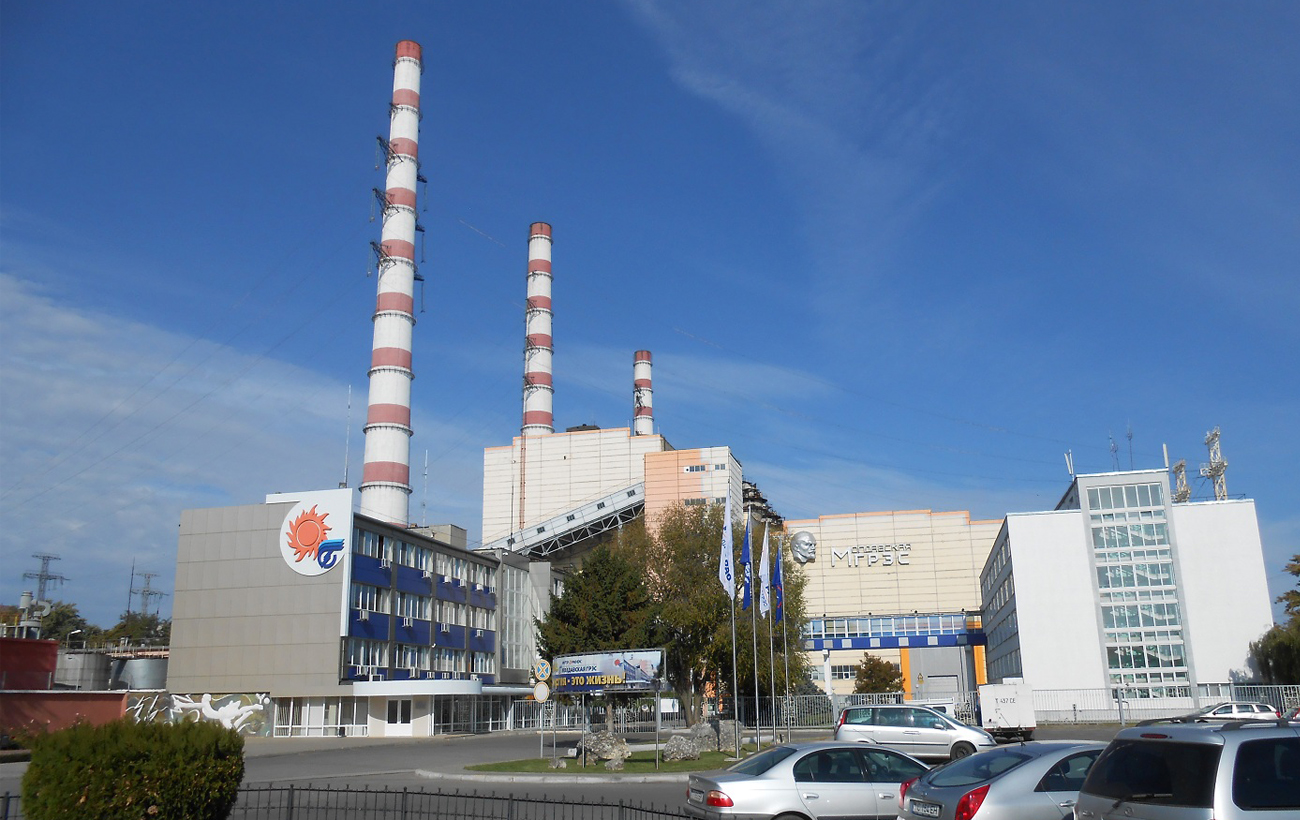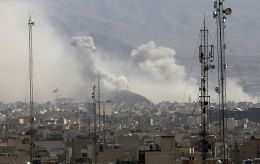Under Russian Gazprom's thumb: Moldova faces new energy crisis and needs Ukraine's help
 Moldova may face an energy crisis due to Gazprom's actions (photo: Getty Images)
Moldova may face an energy crisis due to Gazprom's actions (photo: Getty Images)
An energy crisis brewing in Moldova could escalate into a political one. Read the RBC-Ukraine article on why Russia is interested in this and who can help Chisinau.
Contents
- Gas shortage – Problem #1
- Chisinau fears crisis in Transnistria
- Electricity – Problem #2
- Help from Ukraine for Moldova
- Crisis and its consequences
Moldova has not purchased gas from Russian Gazprom for two years, yet its energy dependence on Russia remains significant, as recent events in the country demonstrate.
Recently, Moldova's Prime Minister Dorin Recean announced that he would ask Parliament to declare a state of emergency in the energy sector. Transnistria also plans to introduce a state of emergency. This is due to insufficient gas reserves in Moldova, raising the country's electricity supply risks. "There are risks of partial, if not complete, disruptions in the supply of not only gas but also electricity," Recean stated.
The country's right bank currently buys gas from Europe - about 1 billion cubic meters annually. This gas may be of Russian origin, but for Moldova, this is irrelevant. What matters for Chisinau is that the country is no longer dependent on contracts with Gazprom (excluding Transnistria - ed.).
Russian gas, amounting to up to 2 billion cubic meters, is received only by the left-bank Transnistria, which is not under Chisinau's control, via transit through Ukraine. This gas is also used to supply Moldova's state district power planе, which provides 90% of the electricity for the right bank.
Gas shortage – Problem #1
Currently, Moldova is facing several challenges in the energy sector. The first is the gas shortage. Gas was supposed to be purchased by the Moldovagaz company, whose majority shareholder is Gazprom and Energocom. However, during the spring and summer, they failed to stockpile resources, and now the gas supply meets only 80% of the demand. Gas purchases were conducted on the Romanian Commodity Exchange, and the gas was stored in underground storage facilities in Romania and Ukraine. Storing gas in Ukraine is cheaper due to the significantly larger storage capacity. Chisinau is now investigating which of these companies bears greater responsibility.
Due to insufficient reserves, Moldova now has to buy gas from Europe at a much higher price. As a result, its price for household consumers and businesses had to be increased by 27.5% in December, reaching 16.74 lei ($3.56). Following this, on December 5, Moldova's Energy Minister Victor Parlicov was dismissed for "management mistakes that led to a critical situation."
The politician considers his dismissal unfair and blames Energocom for the situation, calling the gas problem exaggerated. "The topic of natural gas in Moldova plays a much smaller role than it appears in the information space. In Moldova, 65% of homes are heated with stoves and primarily use firewood as the main energy resource, yet everyone is still worried about gas," Parlicov stated on TV8 (Turkish free-to-air television channel - ed.).
At the end of November, Parlicov held negotiations in Russia with Gazprom's leadership regarding potential gas supplies either through Ukraine or Türkiye. However, these talks yielded no results. Gazprom merely reiterated Moldova's alleged $709 million debt, which, according to them, accumulated back in 2021 under the old supply contract. However, Chisinau has consistently denied the existence of this debt.

Moldova's Energy Minister Victor Parlicov (Photo: Getty Images)
Nevertheless, Moldova remains hopeful that after the cessation of transit through Ukraine, Russia will redirect gas volumes via an alternative route - through Türkiye.
"Gazprom has contractual obligations, and we assume they will fulfill them... Technically and commercially, Gazprom can continue supplying gas to the region (Transnistria – ed.) regardless of the transit situation through Ukraine. Therefore, it is their choice whether to honor the existing contract or not," Moldova's Ministry of Energy stated.
They confirmed that Chisinau's position is to "not obstruct Gazprom's efforts to supply gas to the Transnistrian region, whether through Ukraine or alternative routes."
Chisinau fears crisis in Transnistria
If supplies via Türkiye do not materialize, Chisinau anticipates complications on the left bank, where problems with electricity production could arise. "This would lead to a crisis in the Transnistrian region and likely trigger a wave of internally displaced persons to the right bank," Moldova's Ministry of Energy stated.
Technically, it is possible to supply gas purchased in Europe to Transnistria, but it would be more expensive. "The biggest issue is ensuring payment for gas in the Transnistrian region, as the population there is accustomed to very low tariffs that are nowhere near covering the actual cost of gas," noted Moldova's Ministry of Energy.
The country's government has already started preparing Transnistrian residents for a potential increase in gas prices. Moldova's Deputy Prime Minister for Reintegration, Oleg Serebrian, warned that tariffs on both the right and left banks could be aligned.
"This gas will have to be paid for at market prices. The government will assist and may apply compensation mechanisms during the cold period. Still, there will be no preferential prices for the left bank because the gas will be purchased on the market and must be paid for. Residents of the Transnistrian region will pay as much for gas as the rest of Moldova. There is equality - on both the right and left banks, they are the same citizens; we make no distinction," Serebrian said.
Electricity – Problem #2
The second issue is electricity. Without Russian gas, Transnistria could face serious risks of reduced electricity generation. The local state district power plant is effectively controlled by Russia, which could, even if alternative gas supplies are available, either completely shut down the plant or reduce electricity production to levels sufficient only for the region. Sources in Kyiv indicate that Chisinau is aware of this possibility and has raised the issue during international working meetings.

Moldova's State District Power Plant (Photo: Getty Images)
Imports from Romania could theoretically offset the electricity deficit. However, practical challenges might arise, according to Moldova's energy expert Sergiu Tofilat. "Romania is also experiencing a deficit. They import [electricity – ed.] from Hungary and Bulgaria. So, there's a shortage across the Balkans, prices have spiked because there's no proper connection with continental Europe, where prices are lower. If we also join this market, prices will rise even further," he said on Jurnaltv.md.
If gas and electricity were entirely replaced by European imports, Transnistria prices would increase dramatically. "In that case, residents of Transnistria would face an economic shock: gas prices would increase 15 times, and electricity prices fourfold. Chisinau would need to borrow around €300 million annually," Tofilat stated back in March 2024.
The expert's remarks confirm that Moldova was fully aware of and discussed potential problems with energy resource supplies but still hoped to continue cooperation with Russia rather than seek alternatives.
Help from Ukraine for Moldova
In theory, Ukraine could provide Moldova with small volumes of gas and electricity. However, given the ongoing military situation and constant attacks on Ukraine's energy infrastructure, this is practically impossible at the moment, a source in the Ukrainian government told RBC-Ukraine.
"We used to supply them with electricity. But not now," the source stated.
At the same time, according to RBC-Ukraine, Moldova requested Ukraine's help in supplying coal as a substitute for gas in electricity production. However, Ukrainian coal did not meet Moldova's requirements.
Moldova had plans to purchase gas from Naftogaz of Ukraine as early as 2020. In December 2019, when a new transit contract between Naftogaz and Gazprom had not yet been signed, Moldova's government secured a $50 million letter of credit from the European Bank for Reconstruction and Development in case of a transit halt. These funds were intended to allow Naftogaz, as part of emergency support, to purchase 0.4 billion cubic meters of gas in Europe and sell it to Moldova. However, the letter of credit was never used, as gas transit through Ukraine continued. On December 30, 2019, Naftogaz and Gazprom signed a new transit contract, which is set to expire on December 31, 2024.
Crisis and its consequences
Considering the array of unresolved issues, an energy crisis in Moldova is highly probable. And it would not be the first. Three years ago, in the fall of 2021, the country declared a state of emergency in the energy sector when Gazprom refused to extend its gas supply contract with Moldovagaz, demanding debt repayment. However, the parties managed to reach an agreement, and the contract was extended for five years.
At the end of 2022, Russia attempted to provoke a crisis by reducing gas supplies to 5.7 million cubic meters per day, a volume consumed entirely by Transnistria. Russia anticipated that Chisinau would redirect this gas to the right bank. However, the plan failed, and Moldova began purchasing gas from Europe.
A new crisis could be far more severe. Parliamentary elections in Moldova are just a few months away, scheduled for the summer, although there are already talks of early elections.
An energy crisis could be a decisive factor in the elections, boosting the popularity of pro-Russian forces promising to solve the energy supply issue. In Gagauzia, pro-Russian politicians have already started holding protests demanding the resignation of the government and President Maia Sandu, according to Moldova's IPN news agency.
If energy problems remain unresolved by the beginning of the year, which currently seems unlikely, the country could face a gas shortage and potentially issues with electricity supplies. It's plausible that these difficulties would last only long enough for people to feel their dependence on energy supplies from Russia. Afterward, Moscow might offer some "concessions," such as agreeing to supply gas via Türkiye.
The question remains: what price would Chisinau have to pay for such "concessions"? Sergiy Makogon, an energy expert at the Center for European Policy Analysis (CEPA), believes that Moscow's ultimate goal is to pressure Kyiv into extending the transit of Russian gas. "I don't see critical energy risks in Moldova. I think this scandal was artificially created by pro-Russian forces to undermine trust in the current pro-European government and push Ukraine to continue Russian gas transit beyond 2024," he told RBC-Ukraine. However, if Ukraine allows transit to Moldova, it would likely be unable to refuse Slovakia, which is also interested in continuing to receive gas through Ukraine.
In theory, gas supplies to Moldova via Ukraine could continue if Moldovagaz amends its contract with Gazprom and begins purchasing gas at Ukraine's eastern border. Both Naftogaz and the Ukrainian government have considered this option for transit not only to Moldova but also to other countries.
Furthermore, Moldova could theoretically store gas in Ukrainian underground storage facilities and withdraw it as needed. For now, according to Moldova's media, the European Commission has asked Chisinau to prepare a contingency plan for a potential halt in gas transit through Ukraine and has expressed readiness to provide support to ensure the country's energy security.

